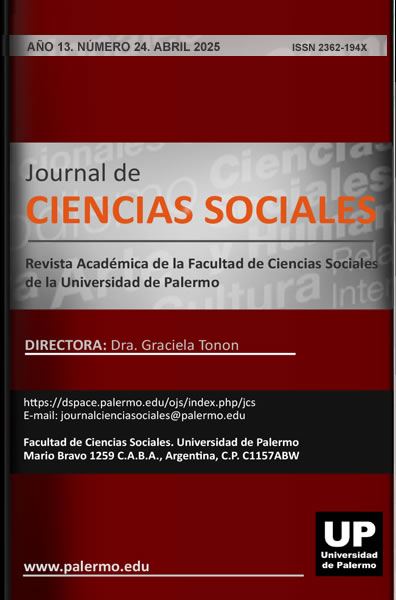Effect of Child Maltreatment Polyvictimization on Human Capabilities While Controlling for Sociodemographic Risk Factors
Abstract
Studies locate the adverse impact of child maltreatment using a biopsychosocial perspective of childhood development. However, little is known about the effects of maltreatment on human development when conceptualized within the Capability Approach, a formative and evaluative framework that captures quality of life. This study examines the impact of child maltreatment polyvictimization on 10 human capabilities as a measurement of human development while controlling for sociodemographic risk factors. Data was derived from the Children's Human Capabilities and Maltreatment National School Survey conducted in Aruba, with 895 children aged 12 – 17 from 73 randomly selected classes of 11 secondary schools in 2019. Chi-square test of independence reveals that high poly-victims were more likely to be girls living with single mothers and those who perceive their economic status as average. ANOVA results indicated that high poly-victims were consistently less likely to enjoy 9 out of the 10 capabilities when compared with children who were single and low poly-victims. Controlling for sociodemographic factors, polyvictimization was a significant positive predictor of human capabilities. The study concludes that poly-victims of child maltreatment suffer significant harm to their wellbeing and the ability to live flourishing lives. Recommendations are made for intervention and development of capabilities-based child protection assessment and policy checklist to safeguard children’s human development.
Downloads
The authors retain the rights to their work guaranteeing this journal the right of first publication, committing to cite the Journal of Social Sciences as a reference of the original publication.
The works published in the Journal are published under the terms indicated in the Creative Commons License with the International Attribution 4.0 (CC BY 4.0).




























